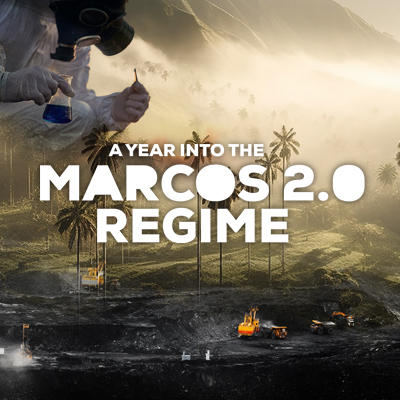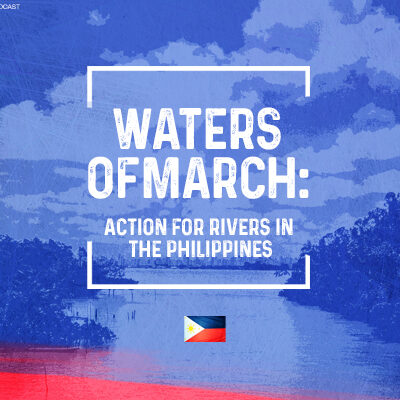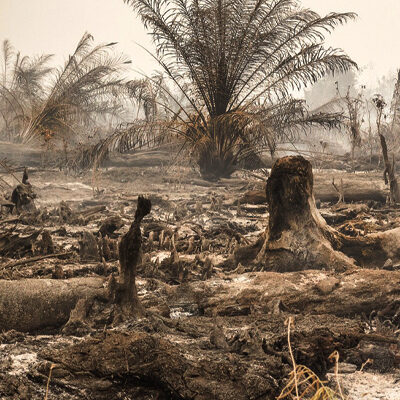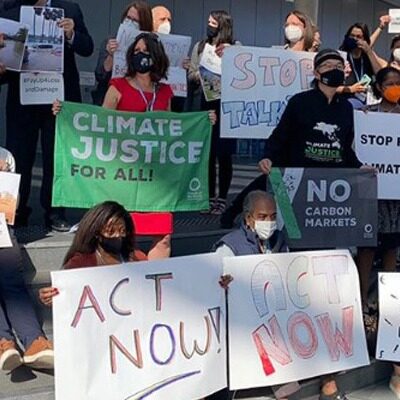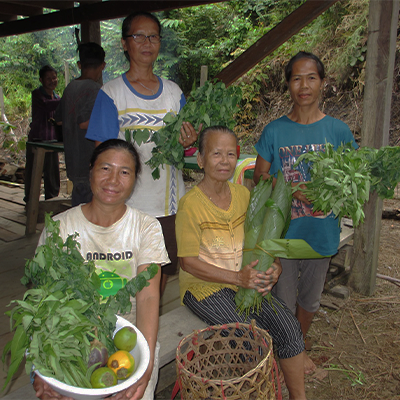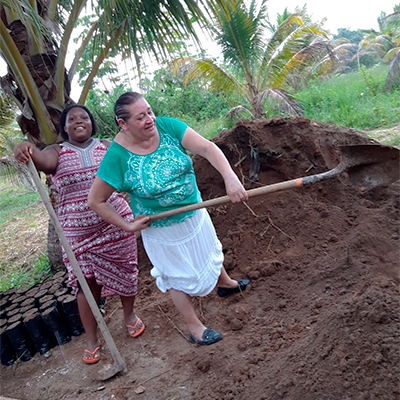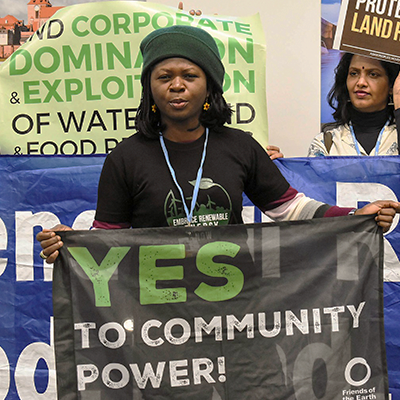
Building the region from the bottom-up
More than 3000 people from 26 countries across Latin America and the Caribbean gathered in the city of Foz de Iguazú, just a few steps from the triple border between Brazil, Argentina and Paraguay, to participate in the Conference for the Integration of the Peoples. From 22-23 February, organisations and grassroots movements of the region: peasants, trade unions, students, feminists,…




